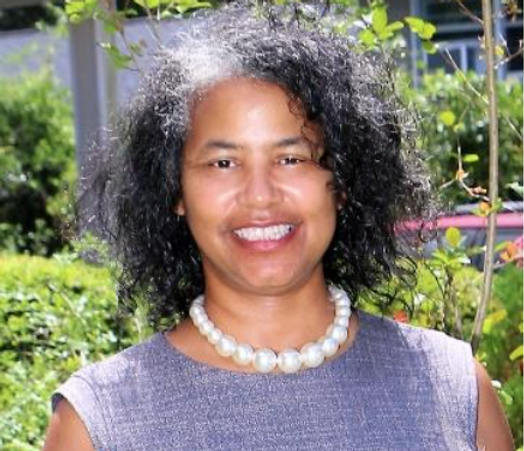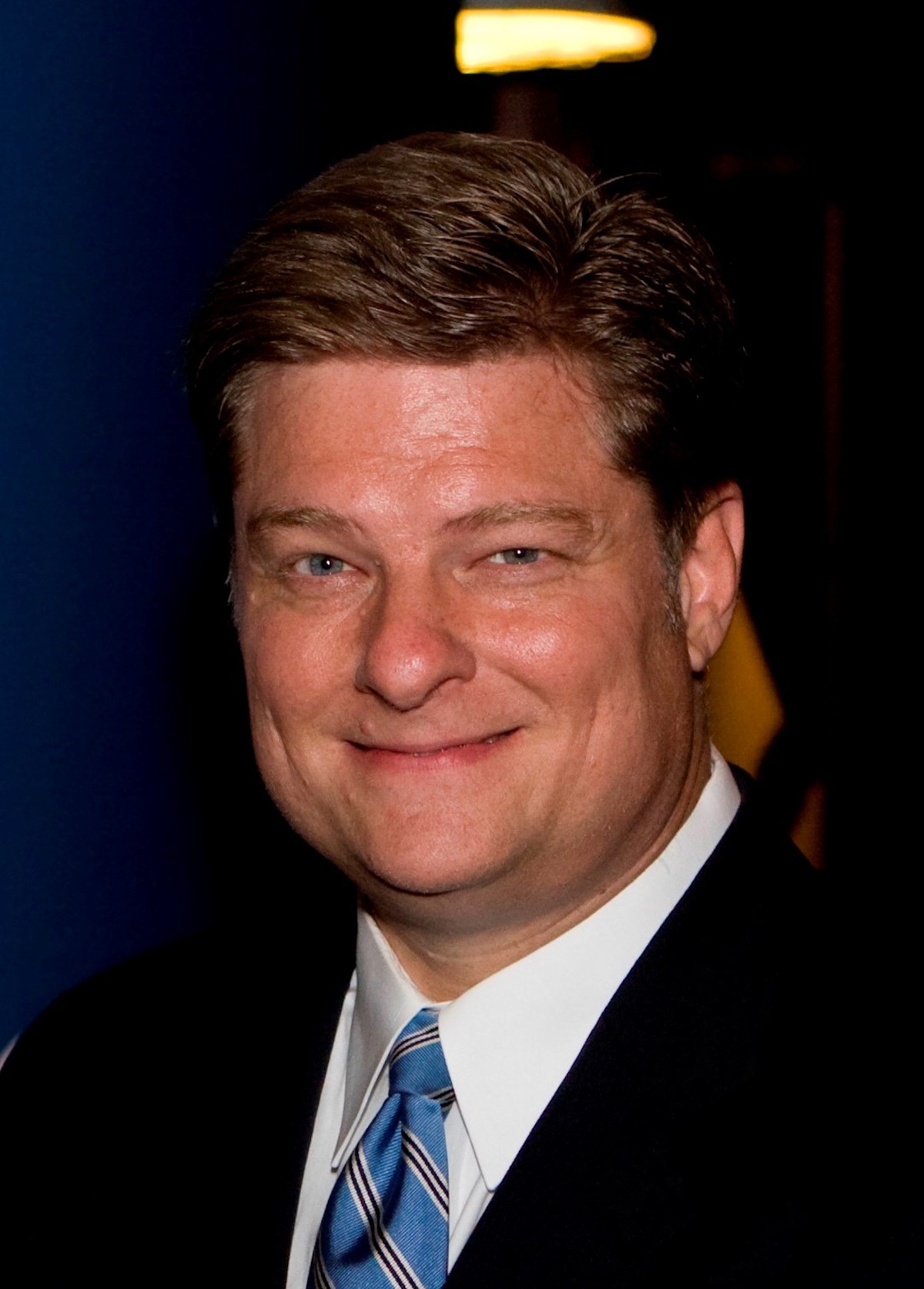By Paul Hyde
Lord, what a hot mess.
Even by South Carolina standards, the billion-dollar scandals in two state agencies beggar belief.
At the very least, these appalling government blunders argue for the state comptroller general and state treasurer to be appointed by the governor, not elected.
These two top financial officials should be professionals, not politicians.
The latest chapter in this saga involves $1.8 billion in taxpayer dollars that has been sitting in a bank account for at least five years, according to reporting by the Gazette’s Jessica Holdman.
It’s just been sitting there. The money is in a “pass-through” account which means that it was supposed to be passed through to — well, something.
The kicker is that state Treasury Secretary Curtis Loftis does not know where the money was supposed to go.
Early this month, a state Senate panel publicly hammered Loftis for answers.
State Sen. Larry Grooms, who chairs the subcommittee investigating the financial blunder, said “Mr. Loftis has abrogated his responsibility as state treasurer. He has breached the public trust.”
Loftis shot back angrily, saying senators were being “grossly unfair” and “highly irresponsible.”
All the sound and fury, however, signified nothing. State leaders still don’t know how the money was supposed to be spent.
Senators want to put the money in a “lockbox” until they find out where it came from and how it was supposed to be used.
State lawmakers want to spend $3 million for an outside firm to find answers.
Seems like a lot of taxpayer dollars to figure out something we should already know.
As scandals go, this might be considered a beneficial one. After all, the state now has $1.8 billion that we didn’t know it had.
State incompetence
But this accounting snafu suggests an alarming level of state incompetence.
The Legislature presumably allocated the money for a vital state need.
Education? Health care? Infrastructure?
We don’t know. But those funds could have done a lot of good for our state.
At a time when some politicians have sought to undermine the public’s trust in government, this only feeds the suspicions held by many that government is either incompetent or corrupt.
Lawmakers would not have known about the money if current Comptroller General Brian Gaines had not drawn attention to it.
Gaines, the governor’s budget director, was appointed comptroller general by Gov. Henry McMaster after the former Comptroller General Richard Eckstrom resigned last year in the wake of a $3.5 billion accounting error.
Luckily, Eckstrom’s bookkeeping blunder was just on paper. It didn’t cost the state anything.
Gubernatorial appointment
The underlying problem: The state comptroller general and state treasurer are important but little-known bureaucratic jobs that should be filled based on high-level competence and experience — a proven track record — not based on political skills.
These are administrative roles, not crusading or policy-making roles. (Loftis is known for picking fights with companies like Disney because he doesn’t like the big Mouse’s politics when he should be judging a company mostly on its business success.)
It’s hard for voters to hold these officials accountable when many don’t know what they actually do or how to judge their effectiveness. (In brief, the comptroller is the state’s accountant; the treasurer is the state’s banker.)
The power of incumbency dominates these offices. The result is long tenures, few challengers and little oversight. Loftis was first elected in 2010. Eckstrom served more than two decades, often running unopposed.
A gubernatorial-appointed system would widen the competitive pool of candidates for these important positions, even beyond South Carolina. To allow for gubernatorial appointment of the comptroller and treasurer, state lawmakers would have to put the issue before voters.
Under the current system of electing the comptroller and treasurer, South Carolina voters have put some bad actors in office.
One former Republican state treasurer’s tenure was cut short when he was indicted in June 2007 on federal cocaine distribution charges, and later went to prison.
Earle Morris, a Democrat who served as the comptroller general from 1976 to 1999, later went to prison on 22 counts of securities fraud related to his role in the collapse of Carolina Investors.
Eckstrom himself, who served both as treasurer (1995-1999) and comptroller general, spent more than $57,000 in taxpayer dollars to settle a lawsuit brought by a former female aide. He was also caught up in an extramarital affair with the woman who would later become his second wife. In addition, there was the incident where Eskstrom inappropriately took a state minivan on vacation.
In short, these latest billion-dollar scandals follow a long history of problems.
South Carolina needs highly competent leaders in these two financial positions, and the best way to ensure that is through gubernatorial appointment.
Paul Hyde is a longtime journalist and teacher in the Upstate. He worked 18 years for the Greenville News as a columnist, editorial writer, education reporter and arts writer. He holds undergraduate and graduate degrees from Clemson and Harvard universities. He has written for the Houston Chronicle, Dallas Morning News and USA Today, among other publications. He currently is a regular contributor to the Greenville Journal, Atlanta Journal-Constitution and Classical Voice North America.










